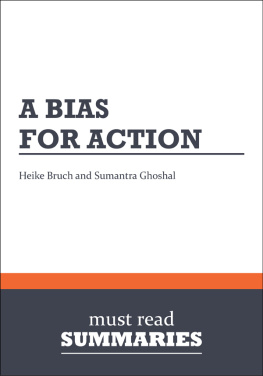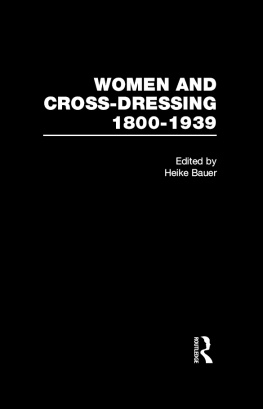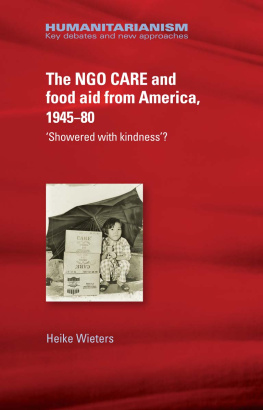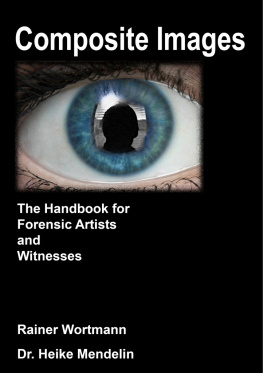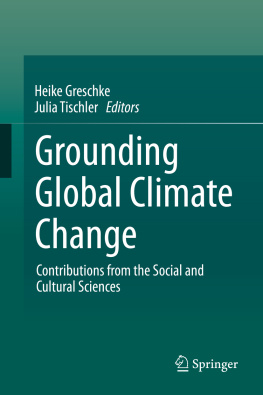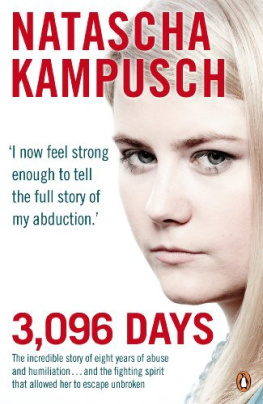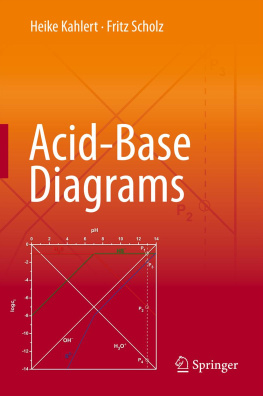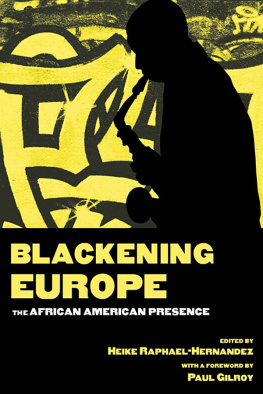Learning and Calamities
It is widely assumed that humanity should be able to learn from calamities (e.g., emergencies, disasters, catastrophes) and that the affected individuals, groups, and enterprises, as well as the concerned (disaster-) management organizations and institutions for prevention and mitigation, will be able to be better prepared or more efficient next time. Furthermore, it is often assumed that the results of these learning processes are preserved as knowledge in the collective memory of a society, and that patterns of practices were adopted on this base. Within history, there is more evidence for the opposite: Analyzing past calamities reveals that there is hardly any learning and, if so, that it rarely lasts more than one or two generations. This book explores whether learning in the context of calamities happens at all, and if learning takes place, under which conditions it can be achieved and what would be required to ensure that learned cognitive and practical knowledge will endure on a societal level. The contributions of this book include various fields of scientific research: history, sociology, geography, psychoanalysis, psychiatry, development studies and political studies, as well as disaster research and disaster risk reduction research.
Heike Egner is Professor of Geography and Regional Studies at the Alpen-Adria-Universitt Klagenfurt (Austria).
Marn Schorch is a Research Assistant at the University of Siegen (Germany).
Martin Voss is Professor of socio-scientific Disaster Research and head of the Disaster Research Unit at Freie Universitt Berlin (Germany).
Routledge Studies in Environment, Culture, and Society
Series editors: Bernhard Glaeser and Heike Egner
This series opens up a forum for advances in environmental studies relating to society and its social, cultural, and economic underpinnings. The underlying assumption guiding this series is that there is an important, and so far little-explored, interaction between societal as well as cultural givens and the ways in which societies both create and respond to environmental issues. As such, this series encourages the exploration of the links between prevalent practices; beliefs and values, as differentially manifested in diverse societies; and the distinct ways in which those societies confront the environment.
1 Human-Nature Interactions in the Anthropocene
Potentials of Social-Ecological Systems Analysis
Edited by Marion Glaser, Gesche Krause, Beate M. W. Ratter and Martin Welp
2 Green Utopianism
Perspectives, Politics and Micro-Practices
Edited by Karin Bradley and Johan Hedrn
3 Learning and Calamities
Practices, Interpretations, Patterns
Edited by Heike Egner, Marn Schorch, and Martin Voss
First published 2015
by Routledge
711 Third Avenue, New York, NY 10017
and by Routledge
2 Park Square, Milton Park, Abingdon, Oxon OX14 4RN
Routledge is an imprint of the Taylor & Francis Group, an informa business
2015 Taylor & Francis
The right of the editors to be identified as the authors of the editorial material, and of the authors for their individual chapters, has been asserted in accordance with sections 77 and 78 of the Copyright, Designs and Patents Act 1988.
All rights reserved. No part of this book may be reprinted or reproduced or utilised in any form or by any electronic, mechanical, or other means, now known or hereafter invented, including photocopying and recording, or in any information storage or retrieval system, without permission in writing from the publishers.
Trademark Notice: Product or corporate names may be trademarks or registered trademarks, and are used only for identification and explanation without intent to infringe.
Library of Congress Cataloging-in-Publication Data
Learning and calamities : practices, interpretations, patterns / edited by
Heike Egner, Marn Schorch, Martin Voss.
pages cm. (Routledge studies in environment, culture, and society ; 3)
Includes bibliographical references and index.
1. Crisis management. 2. Disasters. 3. Communities of
practice. 4. Organizational learning. I. Egner, Heike, 1963 editor of
compilation. II. Schorch, Marn, editor of compilation. III. Voss, Martin,
editor of compilation.
HD49.L43 2014
658.4056dc23
2014015468
ISBN: 978-0-415-70335-2 (hbk)
ISBN: 978-0-203-79467-8 (ebk)
Typeset in Sabon
by Apex CoVantage, LLC
Contents
KATHLEEN TIERNEY
HEIKE EGNER, MARN SCHORCH, AND MARTIN VOSS
BERND RIEKEN
GREG BANKOFF
ANDREW E. COLLINS
CHRISTIAN PFISTER
STEPHEN MOSLEY
UWE LBKEN
ILAN KELMAN, MARLA PETAL, AND MICHAEL H. GLANTZ
MICHELE M. WOOD
MARLA PETAL
SVEN KETTE AND HENDRIK VOLLMER
MICHAEL BRNDL
BENIGNO A. AGUIRRE AND ERIC BEST
TRICIA WACHTENDORF, SAMANTHA PENTA, AND MARY M. NELAN
MATTHIAS HOFMANN
ELSIO MACAMO AND DIETER NEUBERT
HEIKE EGNER AND MARN SCHORCH
Learning in the aftermath of calamities would seem at first glance to be a straightforward process: a disaster occurs; a systematic, rational process is put in place to understand the event in detail and identify the chain of occurrences that led up to it; root causes are identified that involve failures in physical systems, social processes, or both; appropriate remedies are sought, located, and applied; and the likelihood of future calamities is thereby reduced. This is the logic that forms the foundation of the analysis of technological accidents and of efforts to uncover lessons learned from disasters of all types. At all levels of analysis, from the individual and household to entire societies, trust in the ability to learn from adversity offers the promise of a safer future. The fact that this optimistic and almost teleological view of post-disaster learning seldom plays out in the real world is the subject of this volume. Through discussions on the meaning of learning and how it takes place, and through the use of a wide range of case studies, the authors shed light on the many challenges that make genuine learning so difficult.
The analyses that make up this volume are both consistent with and important additions to scholarship focusing on learning in the aftermath of disaster. A key insight that animates these discussions is that, contrary to assumptions embedded in realist approaches to disaster analysis and learning, the search for remedies in the face of disaster centers on both events and solutions that are socially constructed. Among other things, this means that research on disaster learning must necessarily focus on the processes through which those social constructs are formed. Following constructivist logic, constructions of disasters, their causes, consequences, and remediation strategies are the result of activities undertaken by actors that have an interest in advancing particular framings of disaster, including the media, organizational and societal elites, safety advocates, and stakeholders seeking to gain from the implementation of putative risk-reduction technologies and techniques. Like efforts to respond to disasters as they unfold, activities that seek to bring about post-disaster learning are undertaken through processes of interpretation, sense making, and meaning makingprocesses that typically reflect the workings of power.



